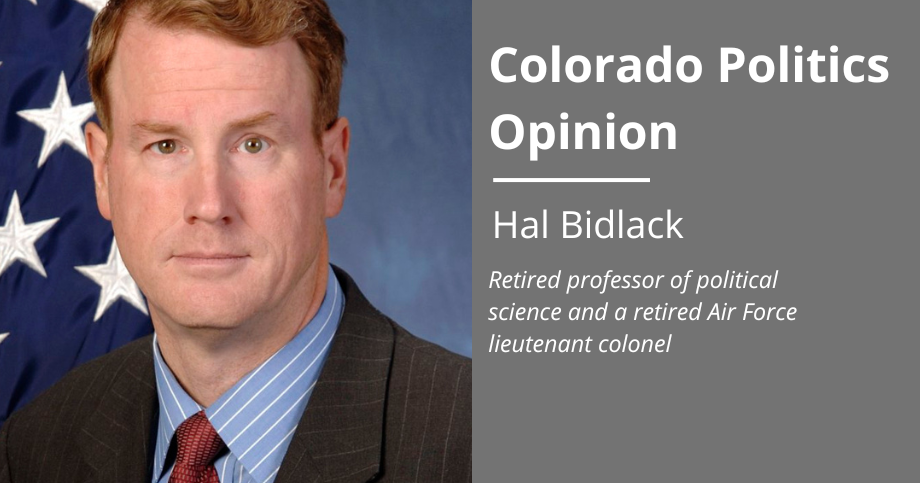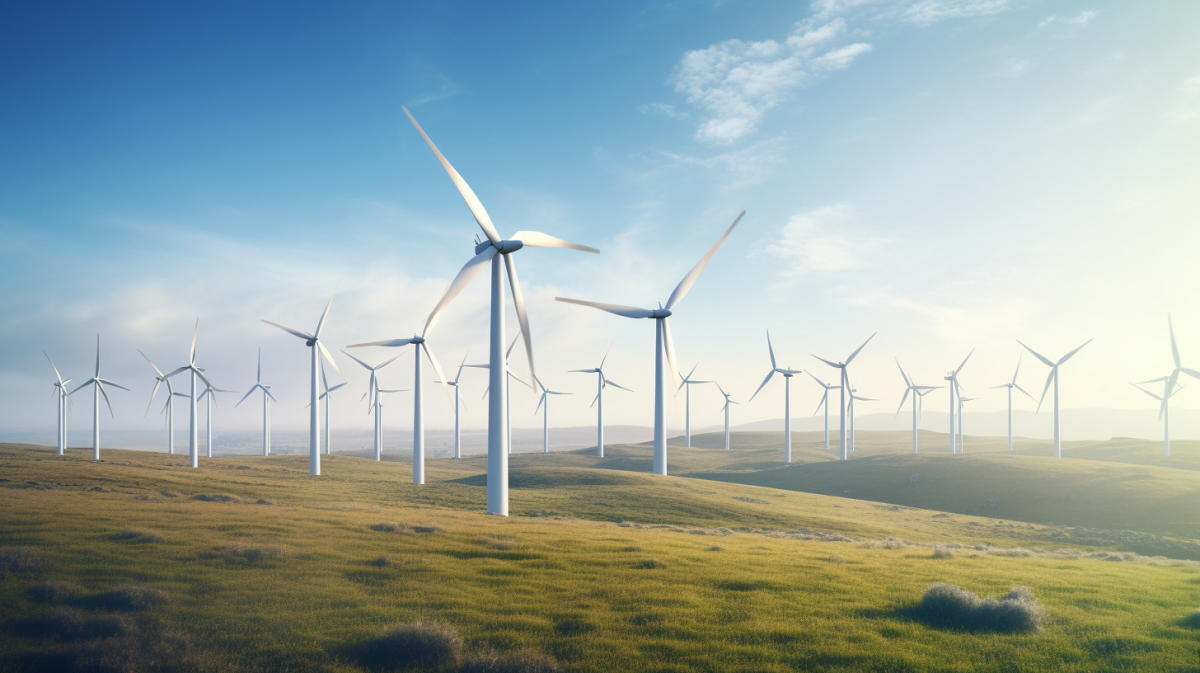Hal Bidlack
I admit it, I really would like to talk about the recent presidential debate and the strong evidence of a certain former president’s apparent cognitive decline. Trump looked confused and angry much of the time, and that’s not a great mindset for the guy with the nuclear keys. I’m so proud of President Joe Biden for recognizing he is just too old to run for a second term and, now that he is out, we can turn our attention to an elderly and confused candidate, the aforementioned Mr. Trump.
I’d like to remind my readers of the many, many comments made by Trumpers about Biden being too old and feeble, and how their own words ring rather true for their own candidate. Trump recently, for the second time, forgot what state he was in, calling out to his Pennsylvania audience “would that be OK, North Carolina?” And rather than admit he misspoke, his campaign team insisted he had recognized a little group of North Carolinians inside the larger crowd of Keystone State residents, and was briefly talking to them, because he’s just that good. Right…
But I’m not going to talk about that.
Instead, I’d like to talk to you about an issue that likely has thus far escaped your notice. And that is the issue of power line placement.
Admit it, you didn’t see me going there.
For many years, driving home to Michigan first from Cheyenne, Wyoming when I was on ICBM duty with the Air Force and later from Colorado Springs, while teaching at the AF Academy, I looked forward to a section of Interstate 80 in Illinois. Amid the slightly rolling, mostly flat farmlands, as I approached the greater Chicago area, I always noticed a place along the interstate where a high-voltage power line came across the prairie and ran along side of the highway for 18 miles. Yes, I am that nerdy, and I did measure the length.
Stay up to speed: Sign up for daily opinion in your inbox Monday-Friday
That high-tension line was a landmark, meaning I was just about five hours from my old Michigan home. I don’t know why, but that power line gave me a good feeling about my trip and the fact I’d soon reconnect with family.
I thought about that section of the highway recently when I received a press release from an organization called NextGen Highways Colorado, which is a coalition composed of the Colorado Solar and Storage Association, Conservation Colorado, Drive Clean Colorado, the Interwest Energy Alliance and The Nature Conservancy. NextGen Highways Colorado is a state-level initiative of the national NextGen Highways group, “advocating for common-sense policy reforms to streamline the development of new electric transmission and other critical infrastructure across the U.S.”
NextGen Highways is convened by The Great Plains Institute. I reached out to their point of contact and had an interesting discussion about the topic of their email to me, and he was very helpful.
Anyway, the press release is titled “Colorado Coalition to Advocate for Building Transmission Along Highways.” In that press release, I learned NextGen Highways Colorado is working with others in an effort to get the Colorado Department of Transportation to change a policy that forbids placing power lines within the rights-of-way of interstate highways. I would guess that policy originally stemmed from ideas of keeping the byways of highways visually attractive. I remember as a kid growing up when many states banned the placing of billboards along highways for beautification reasons. I’m guessing originally power lines were also thought to be visually unappealing and should be hidden in the “back country” somehow.
But I think power lines are different than billboards. We continue to need improvements to our infrastructure (and again, President Biden, thanks for the great infrastructure law) and here in Colorado, with I-25 running north and south and I-70 running east and west, along with I-76 heading up to the northeast corner of the state, we will need new and replacement power grid components, including, I bet, new transmission lines, especially as alternative energy sources ramp up? I’m guessing I-225 and I-270 might be especially well situated for power line placement.
Oh, and did you know interstate highway routes with odd numbers run north and south, while even numbered run east and west? For north-south routes, the lowest numbers begin in the west, while the lowest numbered east-west routes are in the south, as per the federal DOT? Just helping folks learn a new thing every day.
So, I’m on board with asking the state DOT to change the policy. Frankly, I would rather see a power line running alongside I-25 than across an open vista or mountain pass. Surely few folks driving along either of our major interstate highways would get upset by power lines and would rather see them by themselves in otherwise natural vistas.
As reported to me in the press release, Minnesota has already revamped their state laws to end the “no powerlines by interstates” rule, and I think Colorado should do the same. With the influx of money from Biden’s Infrastructure Investment and Jobs Act, Colorado has billions to spend on new infrastructure, and so it is a particularly apt time for the policy change.
There are a lot of issues more important to Coloradans on a daily basis than whether high-tension power lines should be allowed by interstate highways. But this issue represents the types of policy decisions that exist every day and are, on their own, not deemed particularly newsworthy. But these small stories can have outsized impacts.
If the DOT changes their policy, you likely would never notice, say, while driving up in the mountains or on the eastern plains there is not a power line cutting through. You might notice the lines put in by the highways, but I suspect you would tend to accept that a highway corridor might have multiple uses.
So, Colorado Department of Transportation, how about it? Time to change policy?
Stay tuned…
Hal Bidlack is a retired professor of political science and a retired Air Force lieutenant colonel who taught more than 17 years at the U.S. Air Force Academy in Colorado Springs.











